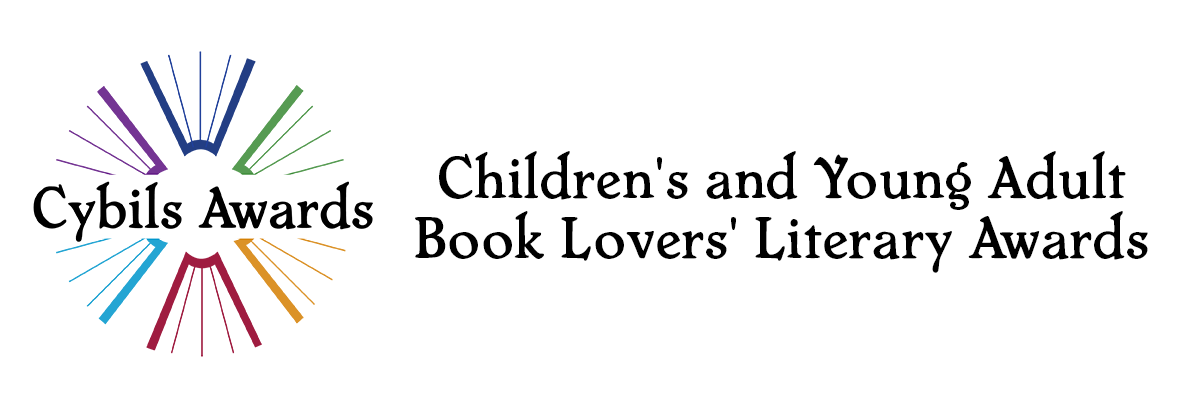
We considered ourselves wildly fortunate to land some impressive volunteers our first year out. Inevitably, a few decided not to return this year. But in the case of Loree Griffin Burns, we can’t be too sad; after all, she’s back as a finalist in nonfiction MG/YA books.

Fiona Bayrock at Books and ‘Rocks had a major advantage going into her recent Q&A with Loree: the two met several years ago online and have been best virtual buddies ever since. The resulting post is more low-key banter than eggheaded policy debate, as some might fear from a science book about ocean currents. And yet there’s enormous depth throughout.
Knowing her subject so well also meant Fiona could aim straight for the heart of matters. Even in a standard question about process, she skips the usual Q&A cliches to find what might be "organic" about trash. Loree’s answer is a dramatic story in itself:
[Books and ‘Rocks]: Let’s talk a bit about process. I know a book like this takes a tremendous amount of planning. I also read on your website that some parts of the process were "organic". I’d love to hear how the planned vs. organic balance shifted at various points along the way.
[Loree Griffin Burns]: There was a point when the book was ostensibly done, but not finished: I had told Curt and Jim’s story, and Charlie’s story, and well, then the book just sort of ended. It was not a satisfying conclusion and, worse still, I didn’t know how to fix it. While I was struggling with what to do about this, I got a call from a friend. He had heard an NPR piece about scientists collecting net debris in Hawaii and wanted to be sure I had heard it too. I was too worried about my bad ending to be listening to the radio (!) and hadn’t heard the story. But I quickly found the report online, learned about the work of ghost net hunters Jim Churnside, Tim Veenstra, and Mary Donohue, and began to envision a new ending.
Several weeks later I interviewed Jim Churnside by phone and asked him how he and his colleagues knew where to look for the ghost nets. His answer gave me goosebumps: "Our first step was to talk to Jim Ingraham about where in the North Pacific Ocean we should look for the ghost nets." These trash trackers — people I knew nothing about when I started writing the book — were using computer programs perfected with Curt’s tub toy data to find their ghost nets. The story had come full circle … and I had no idea in the beginning that it would.
I am anal by nature, and so had the writing meticulously planned: proposal, check; interviews, check; drafting of chapters, check; collection of photographs, check; meeting deadline, check. But I found that each step caused me to reexamine the step before.
Read the rest here.
